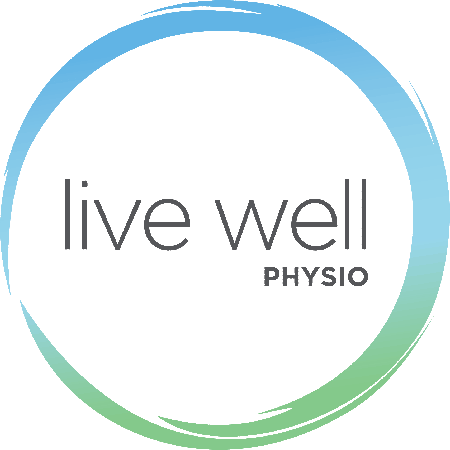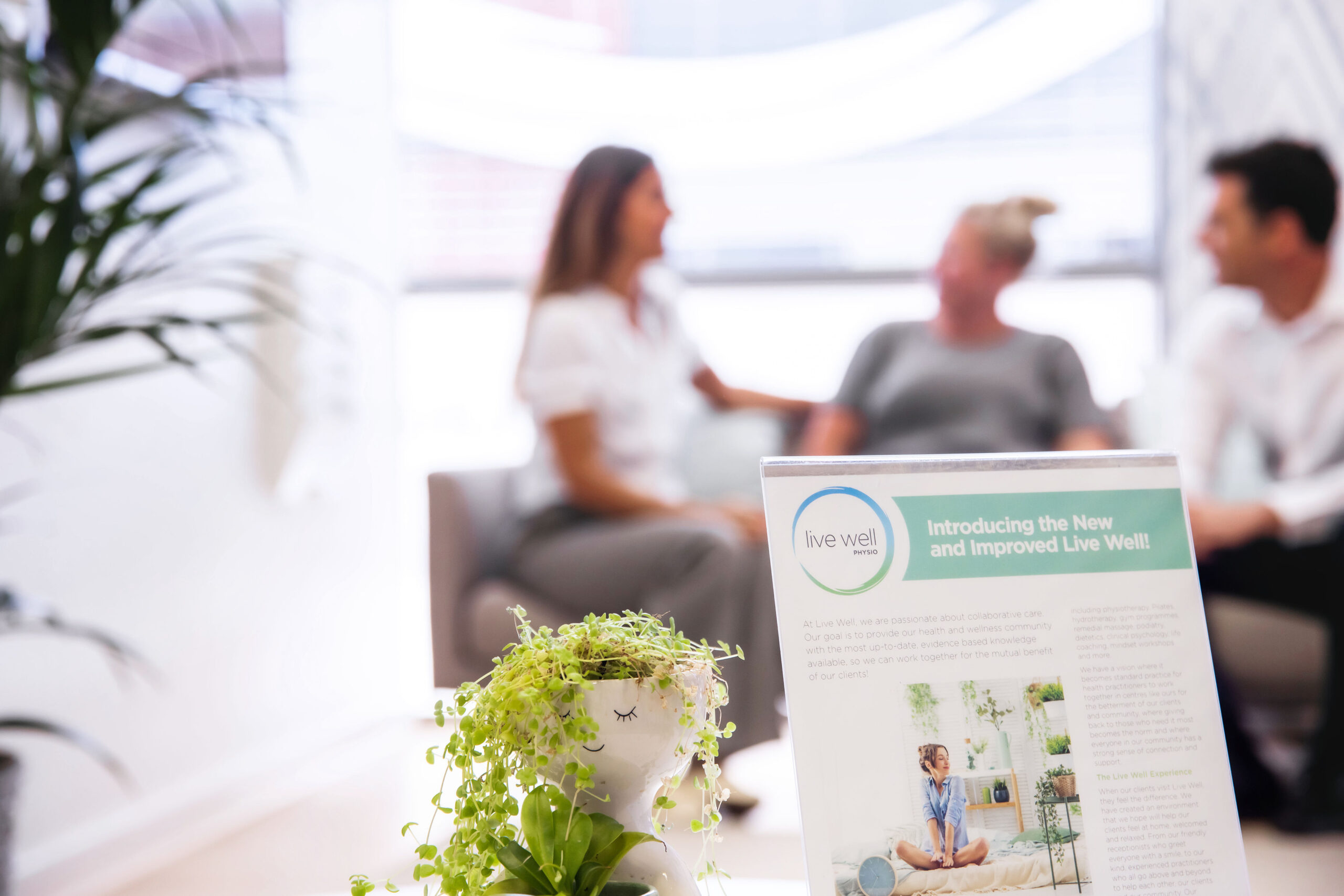Switch off for a good night’s sleep
Getting enough sleep is an essential ingredient to staying healthy and happy.Sleep deprivation
Getting enough sleep is an essential ingredient to staying healthy and happy.
Sleep deprivation causes disruption to our circadian rhythms. These are the patterns of being tired and awake driven by our internal body clock, influenced by light and darkness – humans tending to sleep at night and awake in morning light. Circadian rhythm disruption (even for just a few days) can affect our health and wellbeing.
Here are some great tips we discovered from FoodMatters which you can implement at home, to help you switch off and get a good night’s sleep:
Sleep deprivation causes disruption to our circadian rhythms. These are the patterns of being tired and awake driven by our internal body clock, influenced by light and darkness – humans tending to sleep at night and awake in morning light. Circadian rhythm disruption (even for just a few days) can affect our health and wellbeing.
Here are some great tips we discovered from FoodMatters which you can implement at home, to help you switch off and get a good night’s sleep:
- Exercise: Studies have found moderate bouts of exercise lead to improvement in the following night’s sleep. Even just a short amount, such as just 10 minutes each day of yoga or light exercise, will make a big difference when it comes to increasing the quality of sleep.
- Darkness: Modern electrical lighting has been found to disrupt the body clock, sending signals to your brain that indicate it is time to be alert. Blue lights from computer and smartphone screens are particularly stimulating, so it is wise to avoid switch off for a period of time before bedtime. If you find it difficult to do this, there are computer programs available that can adjust the colour of your computer’s display to adapt to the time of day, warm at night (reducing stimulating blue light) and like sunlight during the day.
- Reserve your bed for sleeping: Designating the bed as a space for rest only will assist in the wind-down process. Avoid overly mentally stimulating tasks in this space, such as work or using technology, to help the brain kick into sleep mode. No more Facebook in bed!
- Establish a bedtime routine and go to bed as early as possible: Sticking to a similar bedtime and waking time each day has been found to assist natural circadian rhythms and make it easier to go to sleep deeply and wake more easily.
- Mindfulness meditation: The calming of nerves and reduced anxiety that often follows meditation assists psychological and physiological preparation for sleep. Some useful meditations can be found here to help you quiet your mind and prepare for quality sleep.
- Diet: Diet and nutrition can affect your sleep quality. Along with reducing or avoiding overconsumption of alcohol, nicotine and caffeine, reach for protein-rich foods. Most protein-rich foods are a common source of tryptophan, which is an amino acid that helps to promote sleep.
- Drink a ‘sleepy tea’ as part of your wind down routine before bed: Tea ingredients such as chamomile, lemon balm and passionflower have been found to improve sleep through helping us to regulate nerves, calming us from stress and anxiety.
You should also be aware of some of the most common sleep disruptors found to negatively impact on sleep:
- Noise
- Stress
- Alcohol
- Nicotine
- Caffeine
Read the full article on FoodMatters here to find out more.

